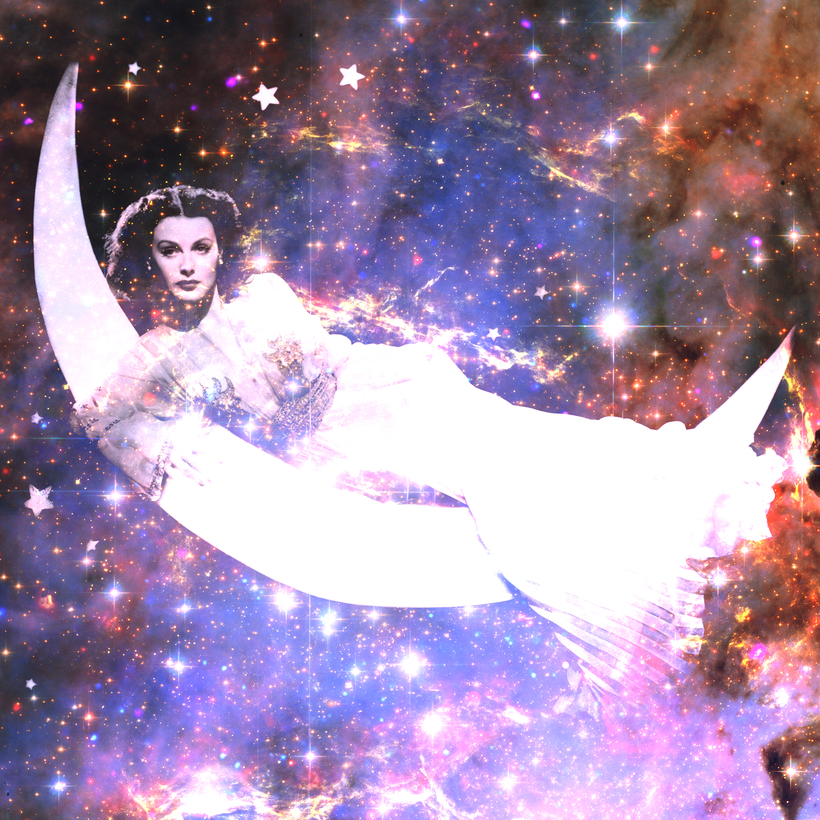To me, clairvoyance is suspect, crystals are overpriced rocks and tarot is solitaire for fantasists — so it’s embarrassing to confess, right here in print, that I’m a sucker for a star sign.
I may be sheepish about my interest in astrology, but if I sense that someone else is also a fan, I’ll immediately reveal that I’m a Gemini and proud of it. In the soul-searching depths of lockdown I found myself downloading the Pattern app, intrigued by the buzz on social media. Using the time, date and place of your birth, the app creates a unique “pattern” — a sort of user’s manual to your life, with info on your personality traits, behavioral patterns, relationship habits and daily affirmations on how to navigate astrological “cycles”; think Myers-Briggs meets Brené Brown. When I poll other fans, they describe themselves as “obsessed”; confess to using it “all the bloody time”; and accuse it of being “freaky” and “scarily accurate” (the latter phrase crops up so often, it’s almost the Pattern’s unofficial slogan).

